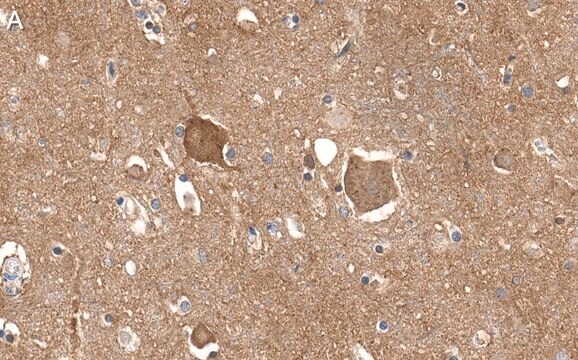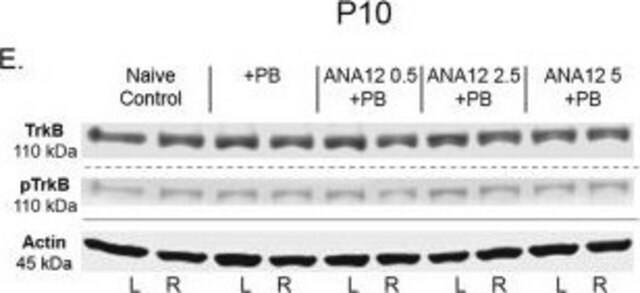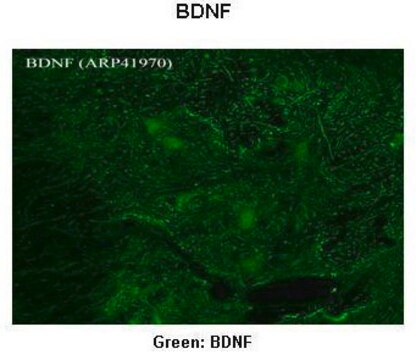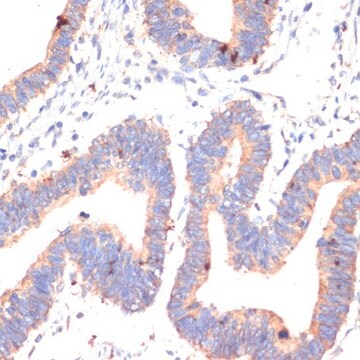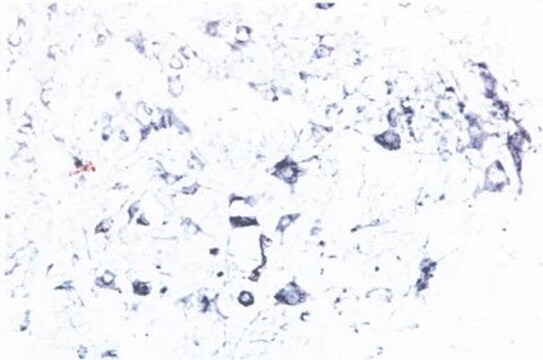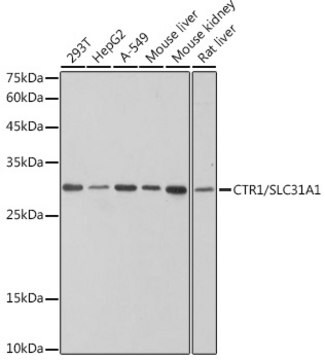07-225
Anti-TrkB Antibody
Upstate®, from rabbit
Synonym(s):
BDNF/NT-3 growth factors receptor, Neurotrophic tyrosine kinase receptor type 2, TrkB tyrosine kinase, neurotrophic tyrosine kinase receptor, type 2, tyrosine kinase receptor B
About This Item
Recommended Products
biological source
rabbit
antibody form
purified antibody
antibody product type
primary antibodies
clone
polyclonal
species reactivity
mouse, rat
manufacturer/tradename
Upstate®
technique(s)
western blot: suitable
isotype
IgG
NCBI accession no.
UniProt accession no.
shipped in
dry ice
target post-translational modification
unmodified
Gene Information
human ... NTRK2(4915)
General description
Specificity
Immunogen
Application
Neuroscience
Neurochemistry & Neurotrophins
Quality
Western Blot Analysis:
0.5-2 µg/mL of this antibody detected TrkB in mouse brain membrane protein preparations.
Target description
Physical form
Storage and Stability
Analysis Note
Brain tissue.
Other Notes
Legal Information
Disclaimer
Not finding the right product?
Try our Product Selector Tool.
recommended
Storage Class Code
10 - Combustible liquids
WGK
WGK 1
Certificates of Analysis (COA)
Search for Certificates of Analysis (COA) by entering the products Lot/Batch Number. Lot and Batch Numbers can be found on a product’s label following the words ‘Lot’ or ‘Batch’.
Already Own This Product?
Find documentation for the products that you have recently purchased in the Document Library.
Our team of scientists has experience in all areas of research including Life Science, Material Science, Chemical Synthesis, Chromatography, Analytical and many others.
Contact Technical Service
